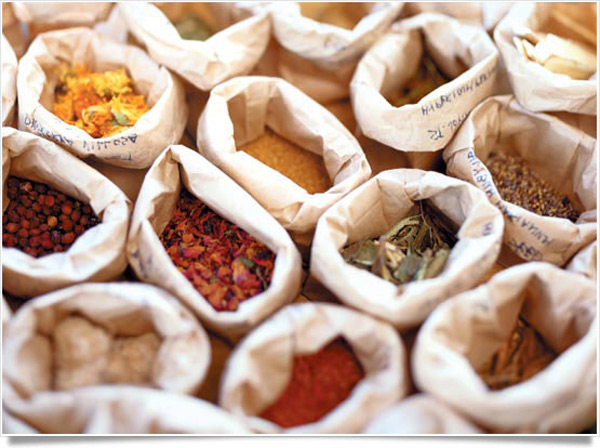
Writing in Emergency Medicine Australasia, the journal of the Australasian College for Emergency Medicine, emergency medicine trainees Dr Angelly Martinez and Dr Nicky Dobos from the Intensive Care Unit at the Royal Melbourne Hospital and emergency medicine trainee Dr Joe-Anthony Rotella and emergency physician Dr Shaun Greene from Austin Health, described the case of a woman who began experiencing facial tingling and numbness within minutes of ingesting a preparation containing aconite.
These symptoms were followed by nausea, vomiting, diarrhea and abdominal pain 30 minutes later. Aconite is a class of plant that is also known as wolfsbane or devil’s helmet.
The patient was given verbal instructions by the Chinese herbal medicine practitioner to boil the mixture of plant and animal material for 45 minutes prior to ingestion, although she boiled it for only 30 minutes.
By the time she was admitted to the emergency department, she had developed severe cardiovascular toxicity, which required admission to the intensive care unit. “Aconite poisoning is not a toxicological condition that many Australian doctors would be aware of and has not been described in Australian peer reviewed medical literature for over 20 years,” said Dr Shaun Greene.
“The case serves as a reminder that clinicians can access expert poisoning advice from a clinical toxicologist via the Poisons Information Centre system accessible via telephone (13 11 26) throughout Australia.”
The Chinese herbal practitioner reported prescribing “Chuan Wu,” “Cao Wu” and “Fu Zi” to improve general circulation and reduce musculoskeletal pain. There is no commercially available biological assay for aconite in Australia.
“Chuan Wu,” “Fu Zi” (both derived from Aconitum carmichaeli) and “Cao Wu” (Aconitum kusnezoffii), are the most common forms of aconite used medicinally. This case illustrates the potentially lethal nature of aconite poisoning.
Chinese herbal medicines are being used increasingly in Australia, as the Chinese immigrant population increases. “Regulatory agencies should enact measures to ensure patients are provided with accurate advice regarding safe use of Chinese herbal medicines,” Dr Greene said.